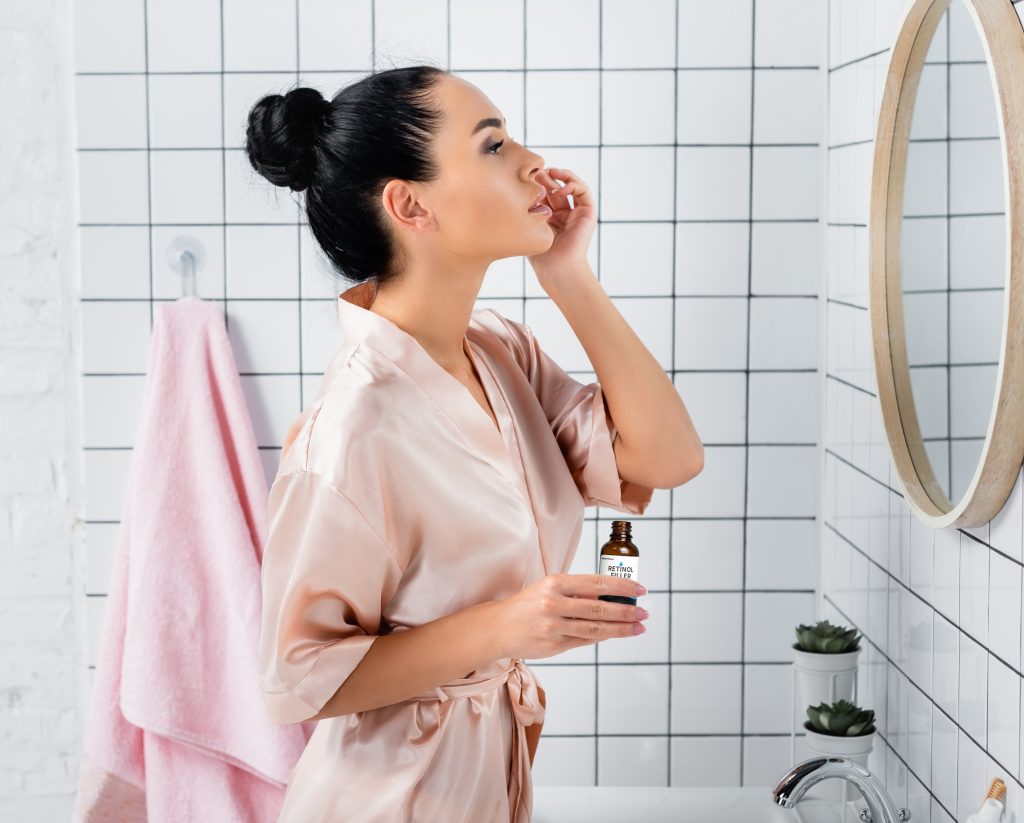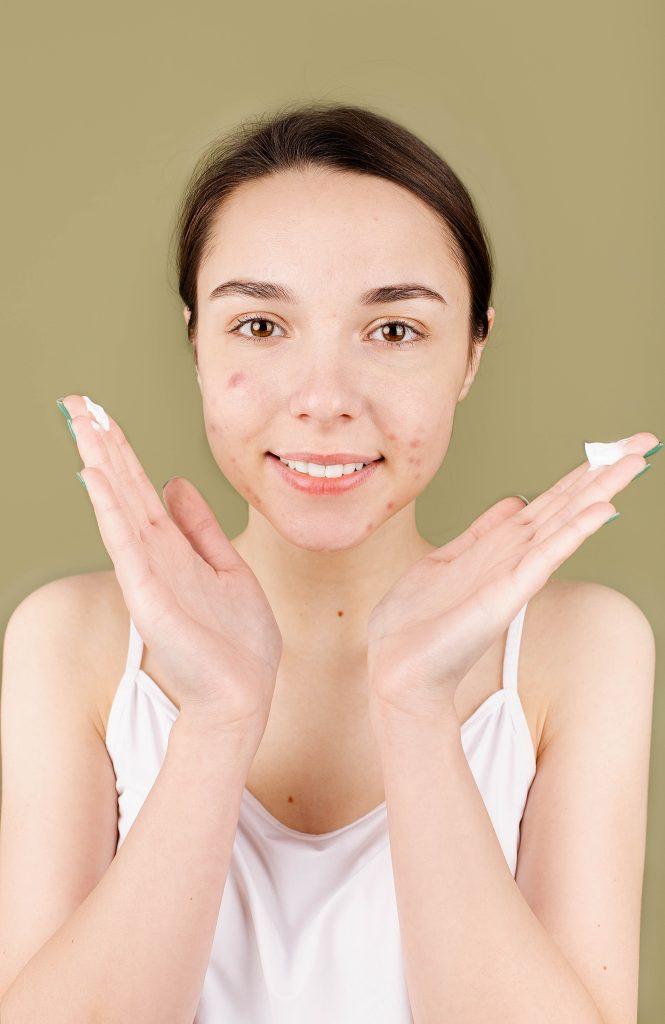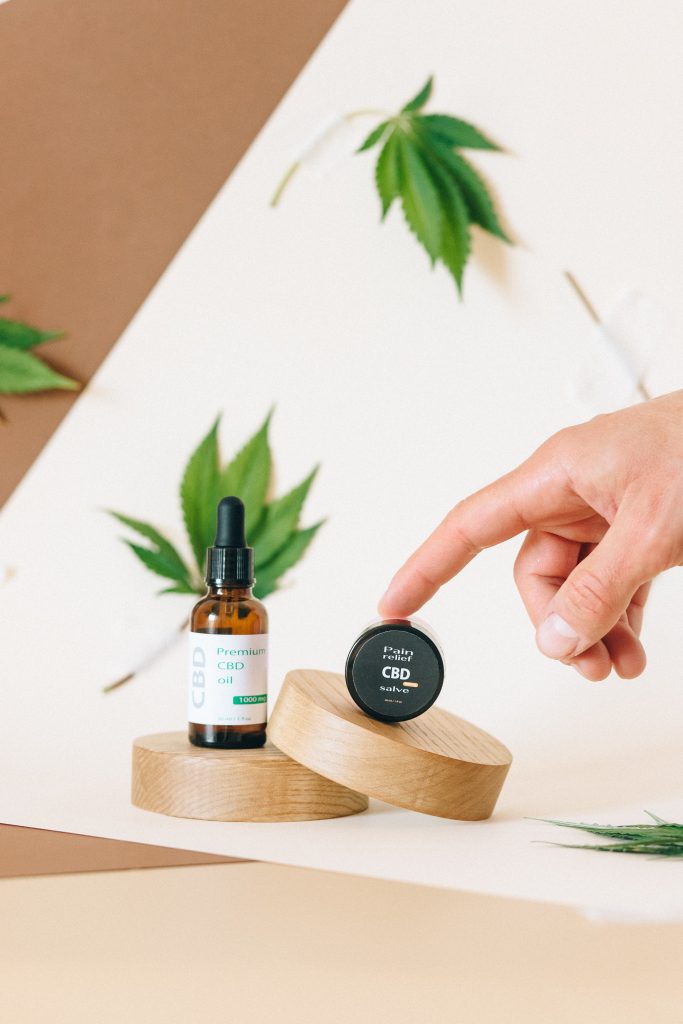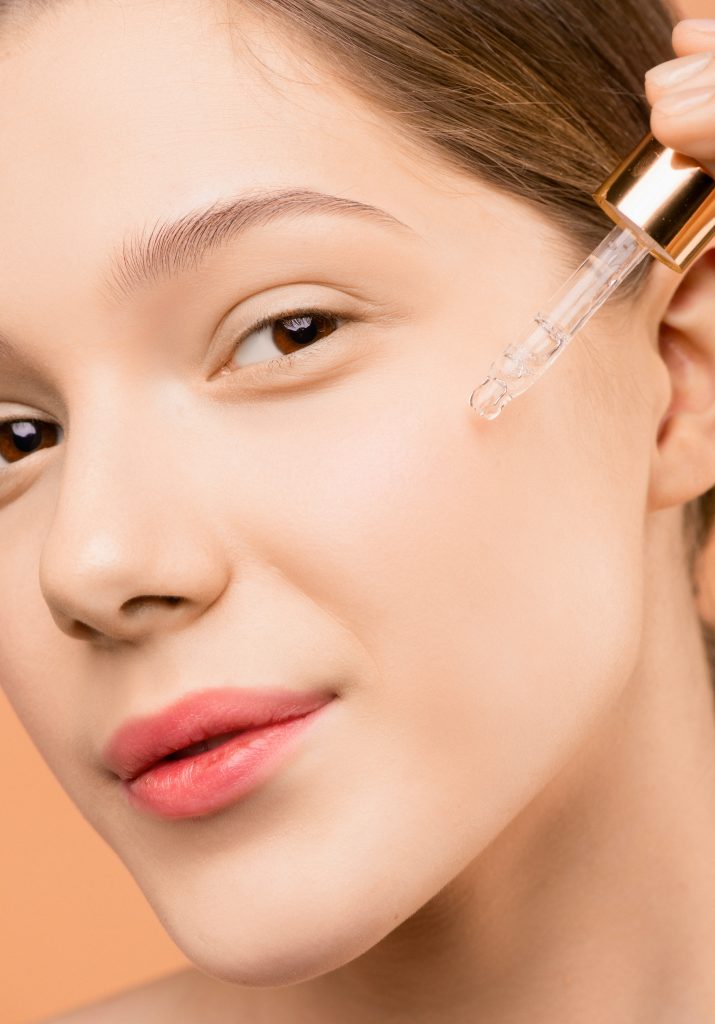Due to their ability to supply nutrients that may be challenging to get via food alone, supplements are frequently utilized to promote good skin. Also, they can be helpful for those who are more likely to sustain skin damage, such as those who spend a lot of time outside or have specific medical issues.
Supplements should, however, be used in addition to a balanced diet and skincare regimen. Before beginning any new supplements, it’s crucial to speak with your doctor to ensure that they are secure and suitable for you.
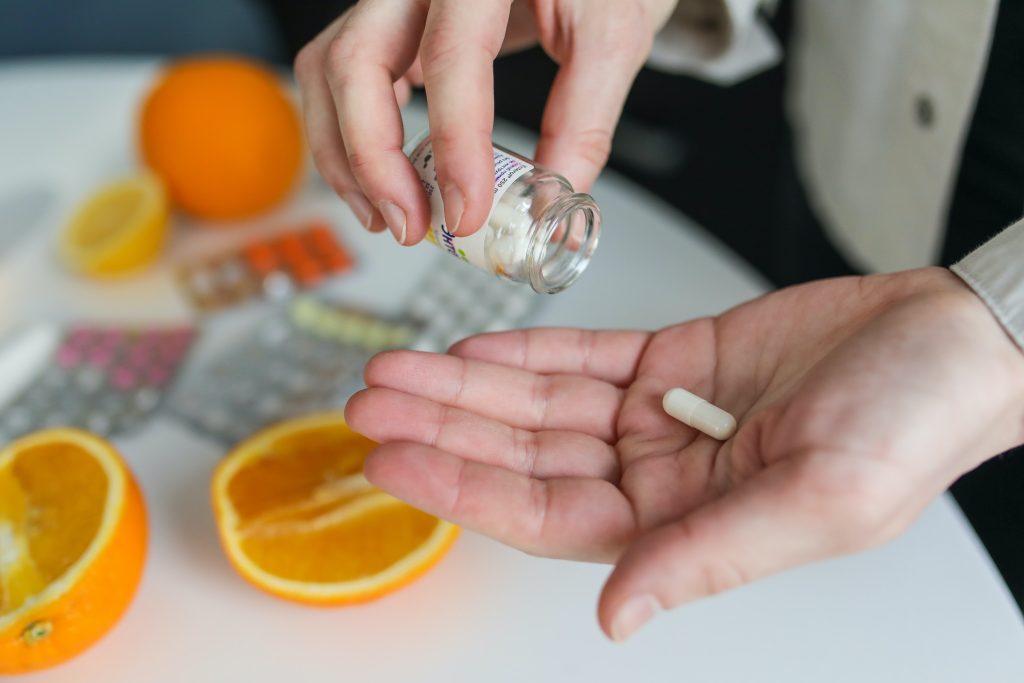
IMPORTANCE
Importance of SUPPLEMENTS for healthy skin
Supplements are often used to help support healthy skin. This is because they can provide nutrients that may be difficult to obtain through diet alone.
Many of the nutrients that are beneficial for skin health. Such as vitamins A, C, and E, omega-3 fatty acids, and zinc, are not always in sufficient amounts in the foods people eat.
In addition, some people may have difficulty absorbing certain nutrients due to digestive issues or other health conditions.
For example, people with celiac disease may have difficulty absorbing nutrients like vitamin D and zinc, which are important for skin health.
Supplements can also be useful for people who are at higher risk for skin damage. Such as those who spend a lot of time outdoors or who have certain medical conditions that affect the skin.
In these cases, supplements can help to provide an extra layer of protection against damage. This damage is caused by UV radiation, pollution, and other environmental stressors.
However, it’s important to remember that supplements should be used with a healthy diet and skincare routine. They are not a replacement for these things, but rather a way to supplement and support them.
It’s also important to talk to your doctor before starting any new supplements. So that to make sure they are safe and appropriate for you.
Beneficial SUPPLEMENTS
Several supplements can be beneficial for skin health. Here are some of the most important ones:
- Vitamin C: This antioxidant helps to protect the skin from damage caused by free radicals, which can lead to premature aging. It also helps to boost collagen production, which can improve skin elasticity and reduce the appearance of fine lines and wrinkles (1).
- Vitamin E: Another powerful antioxidant, vitamin E. It helps to protect the skin from damage caused by UV radiation and other environmental stressors. It also helps to improve skin hydration and can reduce the appearance of scars.
- Vitamin A: This vitamin is essential for healthy skin and can help to improve skin texture and reduce the appearance of fine lines and wrinkles. It also helps to regulate sebum production, which can reduce the likelihood of acne.
- Omega-3 fatty acids: These healthy fats help to reduce inflammation in the body, which can help to reduce the appearance of redness and acne. They also help to improve skin hydration and can reduce the risk of premature aging (2).
- Zinc: This mineral is essential for healthy skin and can help to regulate sebum production, reduce inflammation, and improve wound healing.
- Selenium: This mineral is a powerful antioxidant that helps to protect the skin from damage caused by free radicals. It also helps to reduce inflammation and can improve skin elasticity.
- Collagen: Collagen is an essential protein for skin health, and it helps to maintain its elasticity and hydration. Some studies suggest that taking collagen supplements may help reduce the appearance of wrinkles, fine lines, and dryness (3).
- Biotin: Biotin is a B vitamin that is one of the main ingredients in most Trusted Source hair, skin, and nail supplements. However, there is no evidence that biotin supplements benefit the skin, hair, or nails or improve skin appearance.
- Biotin deficiency is rare, and biotin supplements aren’t usually necessary for generally healthy people who maintain a balanced diet. Not only are biotin supplements unnecessary for improving skin health, but they can also interfere with important laboratory tests such as thyroid function tests. Unless you have a reason to supplement with biotin, don’t waste your money on biotin supplements in the hope of improving the appearance of your skin (4).
It’s important to note that while supplements can benefit skin health, they should not be used as a replacement for a healthy diet and skincare routine. Always talk to your doctor before starting any new supplements to make sure they are safe for you.
https://www.ncbi.nlm.nih.gov/pmc/articles/PMC6204628/
https://www.ncbi.nlm.nih.gov/pmc/articles/PMC8413259/

